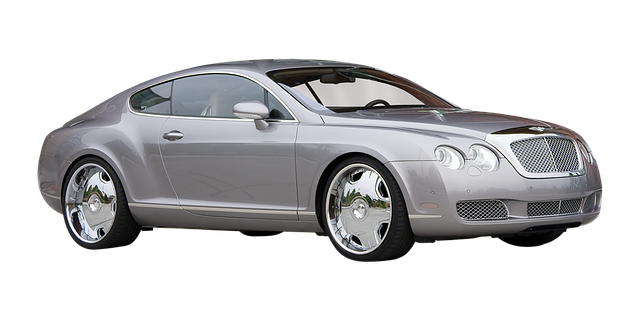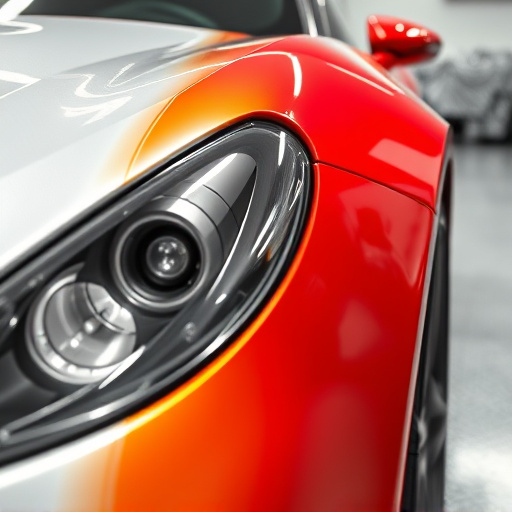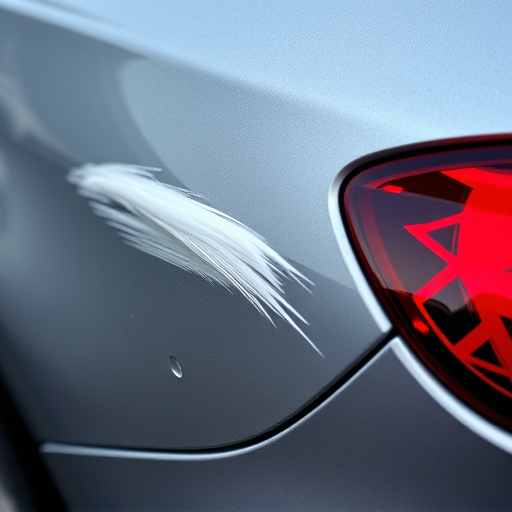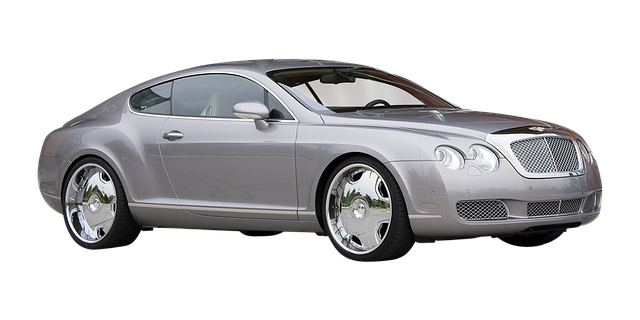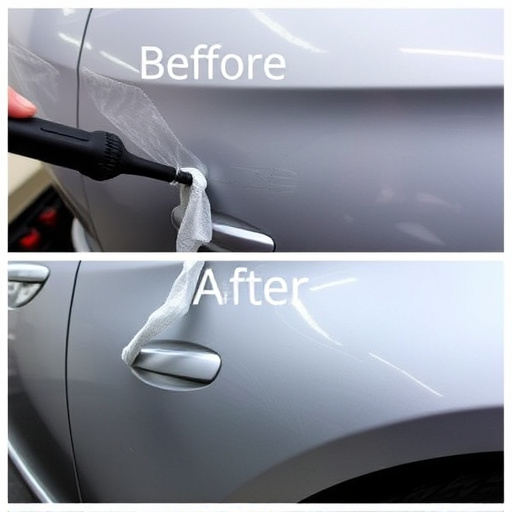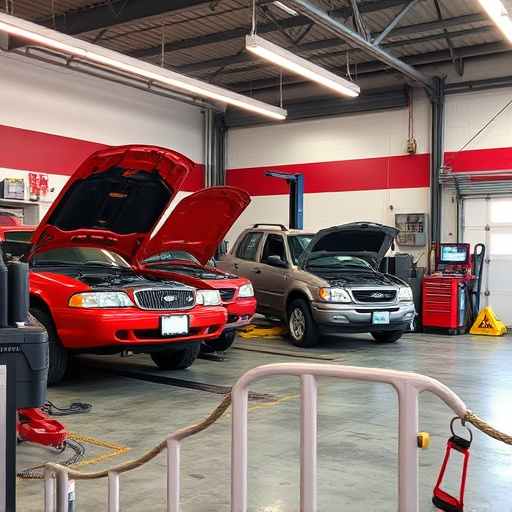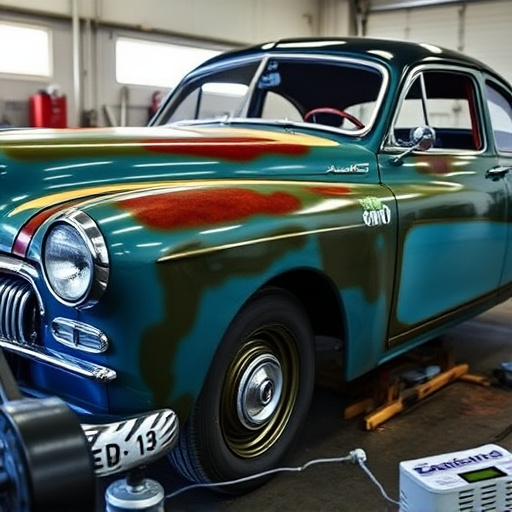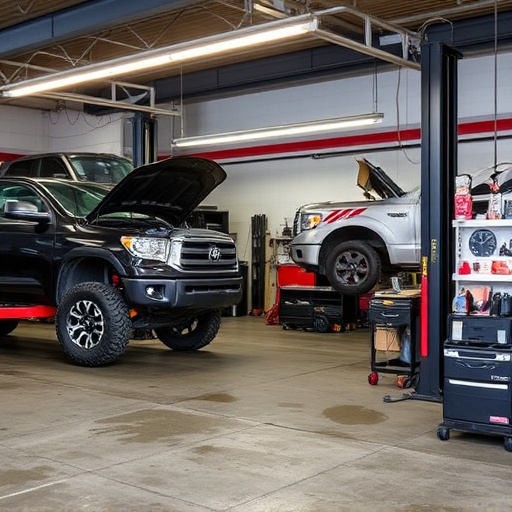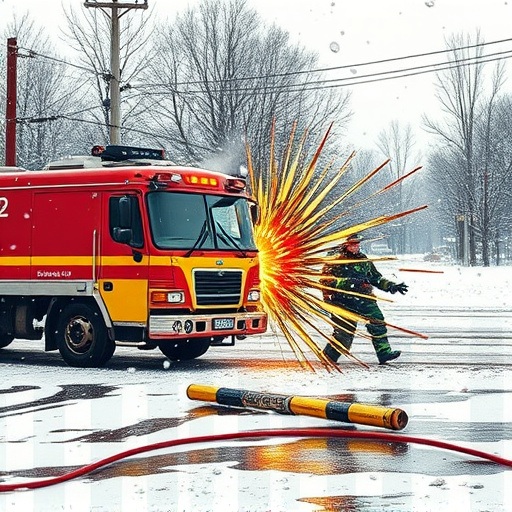Automotive paint types vary widely, offering tailored properties for specific vehicle needs. High-performance paints enhance durability and aesthetics, while diverse environmental resistance ensures vibrant finishes despite harsh conditions. Specialized equipment like airless sprayers is crucial for achieving flawless results with modern paints. Proper application tools prioritize safety and efficiency, protecting both the environment and applicators during various car repair and customization projects.
In the dynamic realm of automotive care, understanding the unique properties of various paint types is paramount. Different automotive paints come with distinct characteristics that necessitate specific application methods. This article explores why certain advanced automotive paint types demand specialized equipment for optimal results. From safety considerations to enhanced efficiency, discovering the right tools ensures a seamless, high-quality finish, catering to the demanding standards of modern vehicle owners. Unveiling these secrets can transform your automotive painting experience.
- Unique Properties of Automotive Paint Types
- Specialized Equipment for Complex Paints
- Safety and Efficiency in Paint Application
Unique Properties of Automotive Paint Types
Automotive paint types are not one-size-fits-all; each type boasts unique properties tailored to specific automotive needs. For instance, high-performance paints designed for race cars or performance vehicles often include advanced additives that offer superior durability and resistance to extreme temperatures, ensuring optimal performance during high-speed drives. These specialized paints might also feature glossy finishes that enhance the vehicle’s aesthetic appeal, making it stand out on the track or road.
Additionally, automotive paint types vary in their ability to withstand various environmental factors, such as UV radiation from the sun and harsh weather conditions. Some paints are formulated for superior outdoor durability, ensuring that a car’s finish remains vibrant and intact even after prolonged exposure to the elements. This is particularly important for those engaging in auto repair services or car restoration projects, where maintaining a high-quality, long-lasting finish is crucial, especially for intricate automotive body work.
Specialized Equipment for Complex Paints
In the realm of automotive paint types, certain complex formulations demand specialized equipment for application. These advanced paints often contain unique properties like high-gloss finishes, metallic shades, or eco-friendly components that require specific tools to achieve a flawless outcome. Standard brushes and spray guns might not suffice; instead, car repair shops invest in state-of-the-art equipment like airless sprayers, which offer precise control over paint distribution, ensuring even coats without overspray.
For vehicle body repair professionals, mastering these specialized techniques and investing in the right equipment is key to delivering high-quality work. It allows them to accommodate a wide range of automotive paint types, from traditional lacquers to modern water-based formulas, thereby catering to diverse customer needs within their car repair shop.
Safety and Efficiency in Paint Application
The application of automotive paint requires specialized equipment for both safety and efficiency reasons. Different types of automotive paint come with their unique properties and requirements, necessitating specific tools to achieve optimal results. For instance, some paints may require higher levels of ventilation to prevent harmful fumes from accumulating, while others might demand precise temperature control during the drying process.
Using the right equipment is crucial in ensuring a seamless finish and protecting both the environment and the applicator. In the realm of car scratch repair and vehicle bodywork, professional car paint services leverage advanced tools tailored for different automotive paint types. These include airless spray guns, which provide consistent paint distribution, and automated systems that enhance efficiency while minimizing exposure to hazardous substances. Such specialized equipment plays a pivotal role in maintaining high standards of quality and safety across various vehicle repair and customization projects.
When it comes to automotive paint types, understanding their unique properties is key. Certain complex paints require specialized equipment for optimal application, ensuring safety and efficiency. Investing in the right tools can significantly enhance the quality of finishes, making it essential for professionals in the automotive industry to stay informed about these special considerations.
